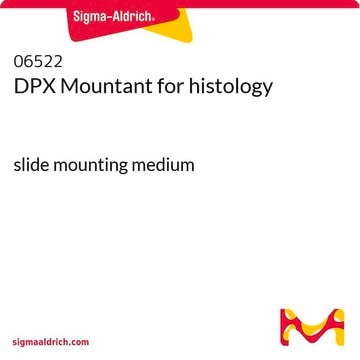D4011
N,N-Dimethyl-1-naphthylamine
≥98.0% purity (GC), liquid
Synonyme(s) :
1-Dimethylaminonaphthalene
About This Item
Produits recommandés
product name
N,N-Dimethyl-1-naphthylamine, ≥98.0% (GC)
Niveau de qualité
Pureté
≥98.0% (GC)
Forme
liquid
Couleur
faint yellow to dark yellow
Indice de réfraction
n20/D 1.622 (lit.)
Point d'ébullition
139-140 °C/13 mmHg (lit.)
Densité
1.042 g/mL at 25 °C (lit.)
Application(s)
diagnostic assay manufacturing
hematology
histology
Température de stockage
room temp
Chaîne SMILES
CN(C)c1cccc2ccccc12
InChI
1S/C12H13N/c1-13(2)12-9-5-7-10-6-3-4-8-11(10)12/h3-9H,1-2H3
Clé InChI
AJUXDFHPVZQOGF-UHFFFAOYSA-N
Vous recherchez des produits similaires ? Visite Guide de comparaison des produits
Catégories apparentées
Description générale
Application
Actions biochimiques/physiologiques
Mention d'avertissement
Warning
Mentions de danger
Conseils de prudence
Classification des risques
Acute Tox. 4 Oral - Aquatic Chronic 2
Code de la classe de stockage
10 - Combustible liquids
Classe de danger pour l'eau (WGK)
WGK 2
Point d'éclair (°F)
235.4 °F - closed cup
Point d'éclair (°C)
113 °C - closed cup
Équipement de protection individuelle
Eyeshields, Faceshields, Gloves, type ABEK (EN14387) respirator filter
Choose from one of the most recent versions:
Déjà en possession de ce produit ?
Retrouvez la documentation relative aux produits que vous avez récemment achetés dans la Bibliothèque de documents.
Les clients ont également consulté
Notre équipe de scientifiques dispose d'une expérience dans tous les secteurs de la recherche, notamment en sciences de la vie, science des matériaux, synthèse chimique, chromatographie, analyse et dans de nombreux autres domaines..
Contacter notre Service technique











